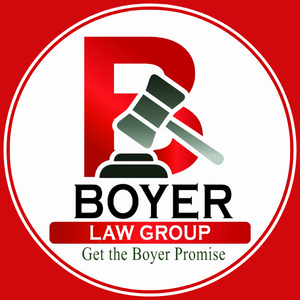You have likely heard horror stories from people forced to endure a prolonged probate process. Indeed, these tales probably have you nervous about enduring a similar episode following the death of a loved one in Michigan.
It is true that probate can linger, and that the funds paying for it come from estate assets. Yet that does not mean your case will also move along slowly (and be costly). In fact, there is a possibility that your loved one’s estate may bypass the process altogether.
Probating small estates
The purpose of probate is not to drain one’s estate of funds. Rather, it is to ensure the accounting of all assets and properties. Lawmakers realize that smaller estates may not require as in-depth of a review in this regard. They therefore provide an expedited process for probating small estates.
Per Michigan’s Estate and Protected Individual’s Code, and Act introduced in 1998 set the threshold for probating estates at $15,000. Lawmakers change that amount every year. In 2020, that amount was $24,000. Thus, if the total assets in your loved one’s estate (after the payment of their funeral and burial expenses) is then the state-prescribed amount, the court may order the balance of it to go directly to the decedent’s surviving spouse or their descendants
Settling a small estate’s debts
You likely that when valuing a small estate, the only liabilities the state considers are the decedent’s end-of-life expenses. Outstanding debts are not factored in. Therefore, if you receive a portion of a small estate, a creditor may pursue you for an outstanding debt up to the amount of that portion. That liability remains in place for 63 days following the order to distribute the estate’s assets to you.

